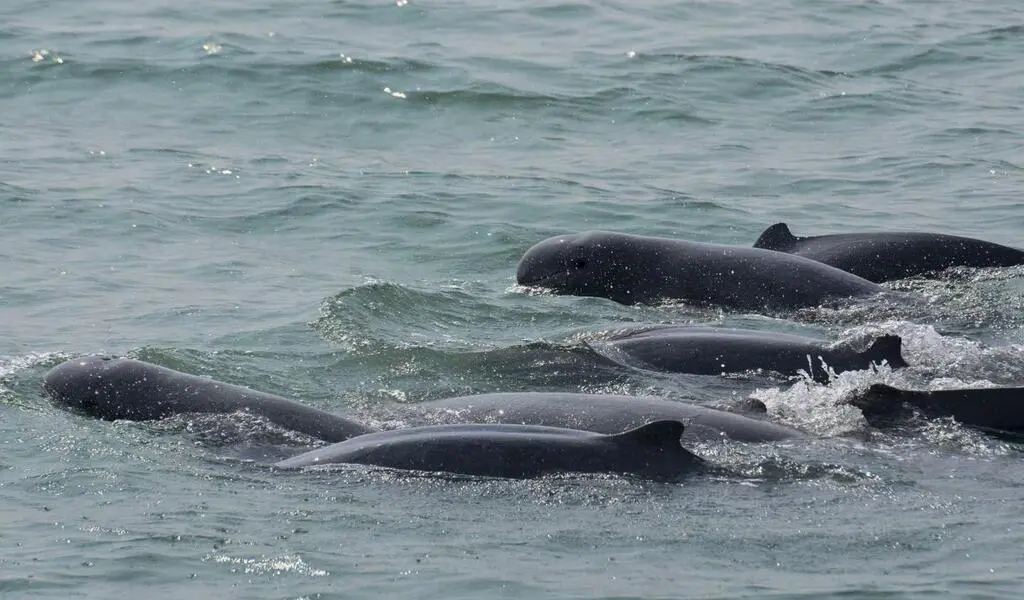(CTN News) – According to new studies, bird flu is not limited to cows. Florida researchers have discovered the first case of highly virulent H5N1 avian influenza in a common bottlenose dolphin (Tursiops truncatus).
Though the instance dates back to 2022, it is the most recent evidence that these flu strains can infect many mammals.
The report was published on Friday in Nature’s journal Communication Biology. According to the report, the flu-infected dolphin was discovered on March 29, 2022.
Researchers from the University of Florida’s Marine Animal Rescue Program were told about a dolphin in apparent trouble at Horseshoe Beach in North Florida. By the time they arrived, the dolphin had already dead. It was then packaged in ice and transported to the university for an autopsy the next day.
A post-mortem study revealed symptoms of poor health and inflammation in the dolphin’s brain and meninges. The dolphin tested negative for several common viral causes of brain inflammation, prompting the researchers to broaden their investigation.
They were aware that highly pathogenic strains of avian influenza can cause neuroinflammation in wild birds, that several bird die-offs linked to the flu had recently occurred in the area, and that recent outbreaks had occurred in other populations of marine mammals elsewhere, so they decided to screen for it. Testing indicated the presence of H5N1 in the dolphin’s lungs and brain.
Recent cases of highly pathogenic avian influenza (HPAI) have been reported in marine mammals, including harbor seals and dolphins. However, this is the first known incidence in a common bottlenose dolphin, as well as the first in any cetacean (dolphin or whale) in North American seas.
Bird flu strains are classified as highly pathogenic when they cause serious disease and death in wild birds, but this does not guarantee that they will be as hazardous to the animals they infect.
Current outbreaks of H5N1 avian flu in cows have resulted in minor disease so far. However, strains from this H5N1 lineage (2.3.4.4b) have killed marine mammals.
The strain in this example did not appear to undergo recognized genetic alterations that might facilitate infection and transmission across mammals, according to the authors.
However, flu viruses mutate rapidly, leaving the chance that some strains will adapt and pick up the necessary alterations, posing a significantly greater hazard to mammals on land and at sea.
“Human health risk aside, the consequences of A(H5N1) viruses adapting for enhanced replication in and transmission between dolphins and other cetacea could be catastrophic for these populations,” the researchers said in their paper.
The researchers are still looking into the case, aiming to determine the source of the dolphin’s infection and better understand the possibility for bird flu strains to effectively cross the species barrier to these marine mammals.






